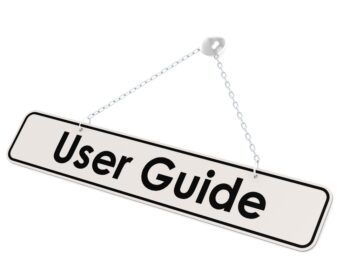There are several considerations about when to settle a claim, however, I usually suggest settling a claim as soon as you know the employee has reached MMI and they can never return to work at your workplace. MMI means "maximum medical improvement"; this means the employee will never recover more than they are right now. Once you KNOW the worker will not get any better and will never be able to return to work for you, you should close the claim. HOWEVER, I've seen many insurance companies push for claim closure too early. There's a big difference between an employee that CAN'T return to work and and employee that WON'T return to work. For example, a female worker with a college education who is the mother of two young children may prefer to NOT to return to work so she can remain home with the children, participating in their lives and saving hundreds of dollars a week on commuting, dry cleaning, work clothing and childcare. It takes a lot to prove to me that a claim should be settled for any large amount. I want proof (a lot of it) that the employee will never be able to return to work. Set a high standard. The claimant should receive every benefit they are entitled to such as scarring awards, but when considering paying huge lump sum settlements and funding medicare set asides, ask for a very high level or proof in disability. However, if the insurance company is trying to settle a claim for $100,000. I require two things: 1- A medical advisor retained by my company must review the file and substantiate the medical evidence, 2- A sub rosa investigation done over a period of time must verify that the worker is unable to work; it must substantiate the inability. In other words, if a worker says they cannot sit, stand, drive, etc, I want that verified by a private investigator with a video camera. I'd rather keep paying indemnity (lost wages) while the employee recovers slowly, during which time I will offer them transitional duty (any kind of productive project) because eventually they'll recover enough to do some type of productive employment. Even the most extreme cases can do some type of employement such as home-based employment. I also use www.CatalystRTW.com for home-based job placement if, for example, the job-site has closed down or the nature of the injury makes it impossible for the worker to return to the workplace (incontinence, etc.). There are many other times to settle or not settle a claim. Sign up for the RSS Feed to make sue you don't miss this important information. For more information about how to integrate your TPA go to Working with Your Insurance Company. Important Note! You must coordinate the closure and settlement of your workers' comp claims with your legal counsel to make sure you have considering all ADA, FMLA, COBRA or other legal requirements. For more cost savings tips go to WC Cost Reduction Tips. Show the REAL cost of workers comp with the Real Cost Calculator. Do not use this information without independent verification. All state laws are different. Consult with your corporate legal counsel before implementing any cost containment programs. ©2008 Amaxx Risk Solutions, Inc. All rights reserved under International Copyright Law. If you would like permission to reprint this material, contact Info@WorkersCompKit.com


























